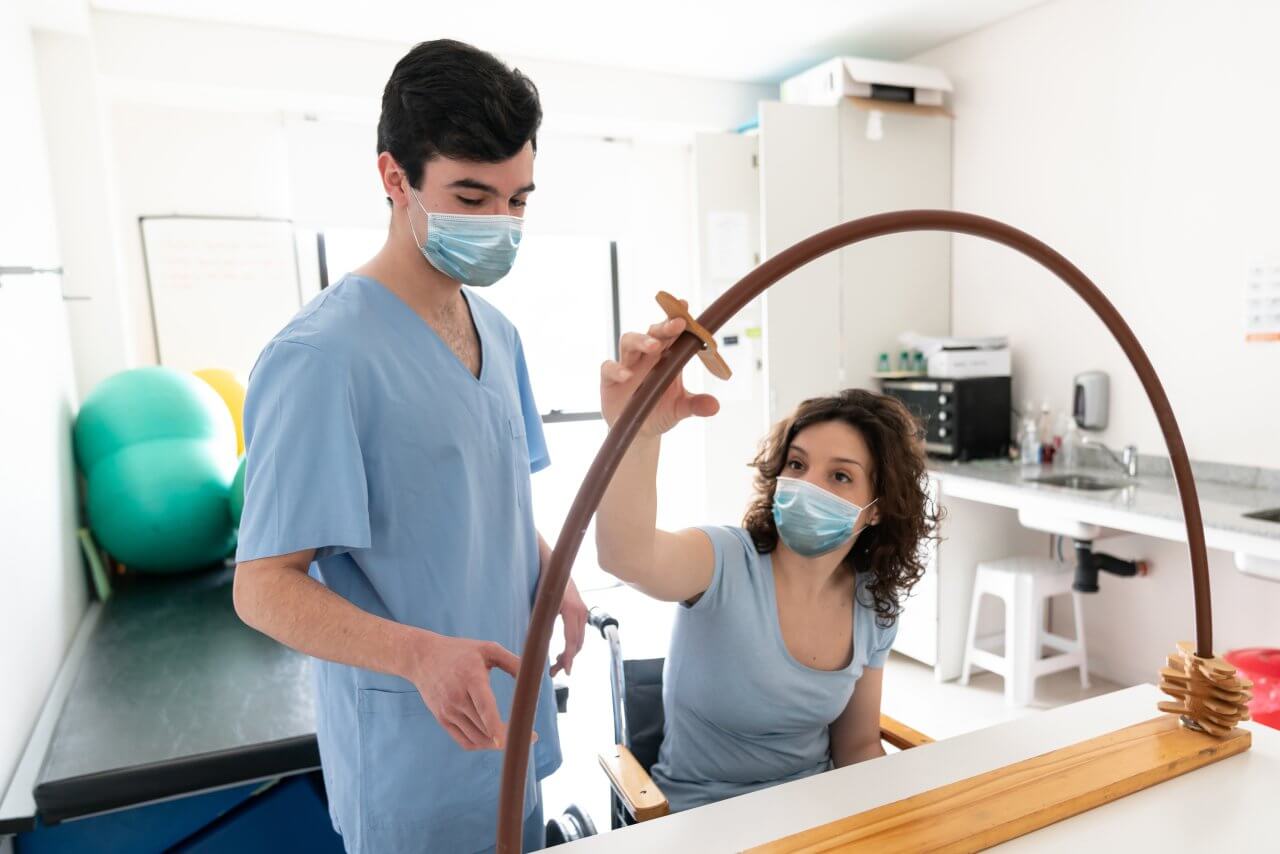Hearing Loss Prevention in the Workplace

What’s Occupational Hearing Loss?
According to the Centers for Disease Control and Prevention (CDC), about 22 million workers are exposed to dangerous noise levels each year. There are two main ways that occupational hearing loss can occur:
- One-time exposure to an intense sound. This type of hearing loss occurs when you’re exposed to extremely loud noises, even for a short period of time, such as shooting a firearm. Talk with your doctor if you were exposed to loud noises and are noticing changes in your hearing.
- Repeated exposure to loud sounds. When you experience repeated damage to your hearing over time, it can eventually lead to hearing loss that will affect your quality of life.
What Occupations Are Most Vulnerable to Hearing?
Some occupations pose more risk for hearing loss than others, including the following:
- Factory workers. According to the CDC, almost half of all people who work in manufacturing have been exposed to hazardous noise levels.
- Entertainment venue employees. When fans start making noise, those who work in the venues put their ears at risk. Stadiums or arenas with closed roofs are especially dangerous.
- Musicians. You don’t have to play electric guitar in a metal band to experience hearing loss. Even if you’re in an orchestra, your practice room is reverberant, which can affect your hearing.
- Farmers. Research shows that almost 75% of farmers experience hearing loss as they get older. Using tractors with open windows or without cabs contributes to this.
- Dental workers. Dentists who do a lot of drilling are at risk for high-frequency hearing loss, which affects the ability to hear consonant sounds, such as s, t, and v.
- Construction workers. Regardless of your role, the loud sounds on a job site can be intense enough to cause hearing damage. Whether you’re using a jackhammer or simply enjoying a cup of coffee during a break, the cacophony of sounds can cause hearing loss, so take care.
Why’s Hearing Loss Safety Important at Work?
Taking measures to protect your hearing in high-risk environments is important to your health in many ways. Here are some of the reasons why hearing loss prevention is vital:
- Almost all work-related hearing loss is permanent and can have a large impact on your quality of life.
- As hearing loss worsens, you’ll have difficulty hearing and understanding others, which can lead to isolation.
- Cognitive (mental) decline and heart problems, such as high blood pressure and heart disease are linked to hearing loss.
- Depression is also strongly associated with hearing loss.
- Hearing loss can lead to loss of enjoyment, when the special things you want to hear (e.g. music or the voice of a loved one) become muted and lack quality.
- Ringing in the ears (tinnitus), which often accompanies hearing loss, can disrupt your sleep and concentration during the day. This is associated with both depression and anxiety.
- Hearing loss can affect safety at home and on the job.
- Income is typically lower for workers with hearing loss than it is for those with normal hearing.
How Can You Prevent Hearing Loss at Work?
Even if you work at a job that’s at-risk for hearing loss, there are things you can do help prevent the damage from occurring, including:
- Wear hearing protection. Using ear plugs or earmuffs when needed can help reduce your risk of hearing loss. Don’t use cotton, which is ineffective and can get caught in your ears.
- Take more breaks. Simply walking away from the source of noise will reduce your noise exposure.
- Ask your safety manager or supervisor to monitor noise levels. Noise levels should be less than 85dBA.
- Reduce or stop exposure to chemicals that can damage hearing. Use a less toxic or non-toxic chemical and wear protection, such as a respirator or other protective equipment, as appropriate.
- See an audiologist for additional consultation. They can assess your hearing and talk to you about your risk factors and options. They can also recommend ear plugs that fit comfortably and are effective.
Learn More About Occupational Hearing Loss with Baptist Health
If you believe you’re exposed to dangerous
noise levels at your job, find a Baptist
Health Occupational Medicine location near you to set up an appointment.


